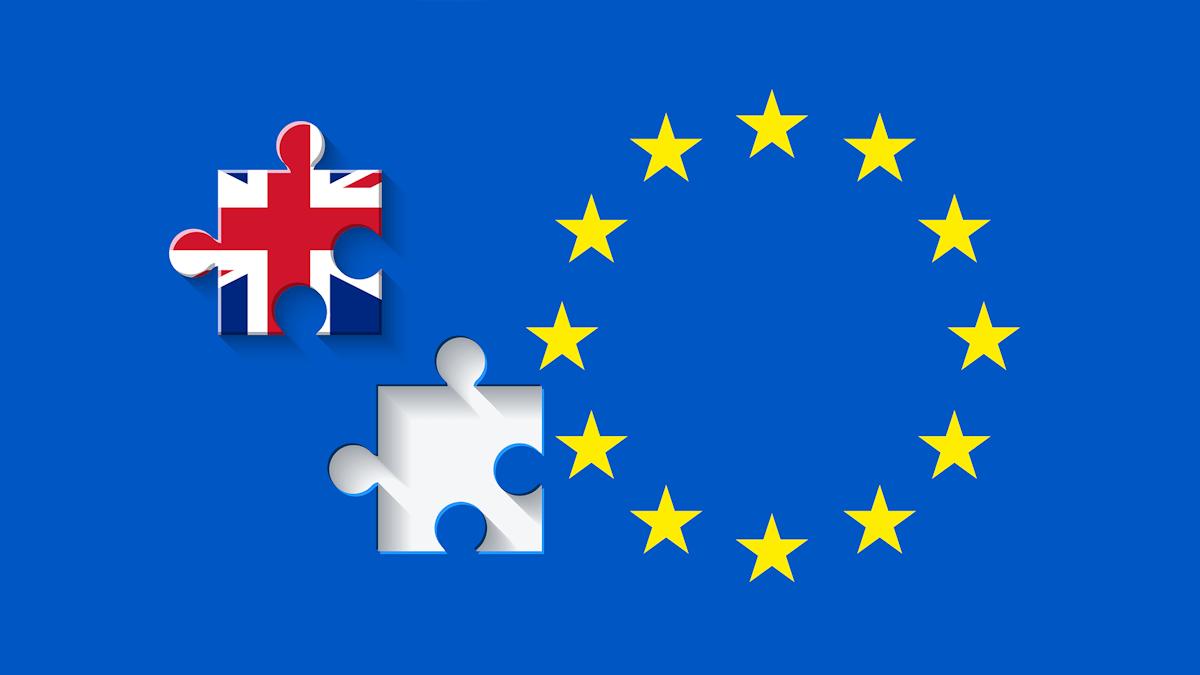Ireland steps up bid for European Medicines Agency

As European Union leaders prepare for Brexit negotiations with the UK, Ireland has stepped up its bid to make Dublin the new home of the EU’s medicines agency.
The EMA looks virtually certain to leave its current home in east London because of Brexit, and many EU cities are eager to be chosen as the new home of the medicines regulator, which is second only to the US FDA in terms of its global importance.
Paris, Amsterdam, Barcelona and Stockholm are among the other major cities which have already expressed an interest in gaining the EMA, which employs around 900 highly qualified staff, and plays hosts to thousands of visiting experts every year.
In recent weeks the EU institutions have made it clear that they would like to make a rapid decision on the future of the agency, with the EMA leaders stressing that the transition must be smoothly handled, or otherwise risk jeopardising drug approvals and oversight.
To put itself front of mind among the decision makers in Brussels and beyond, Ireland’s department of health An Roinn Slainte has issued a statement, reiterating the strengths of Dublin and its own national medicines agency the Health Products Regulatory Authority.
Lorraine Nolan, Chief Executive of the HPRA said:‘’Dublin is in many respects the natural destination for the EMA. Our excellent existing relationship with the Agency will be further strengthened by the move here. The HPRA already is a natural partner and contributes significantly to the processes and work of the EMA.”
Ireland has attracted a great deal of pharmaceutical industry investment over the last 20 years, its low tax base encouraging companies such as Pfizer to invest in manufacturing and others such as Allergan to relocate their tax-registered headquarters to Dublin.
Lorraine Nolan says a relocation over the Irish Sea to neighbouring Dublin will minimise disruption, which could include many EMA employees and their families having to relocate.
A decision on the next EMA host is expected from the EU’s heads of government in Autumn 2017. However the bad-tempered exchanges between the UK government and EU leaders (behind closed doors and in public) mean that the negotiations and their timetable remain unpredictable.
UK government minister are still refusing to rule out the EMA remaining in London, but most other Europeans see this as part of an ongoing unwillingness from the British government to be realistic about what is possible.












